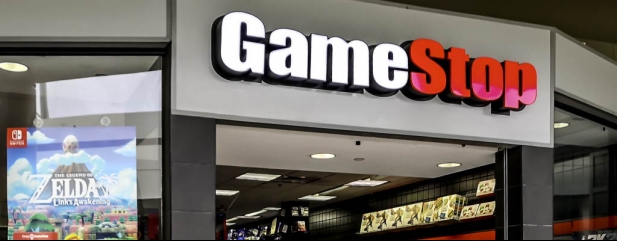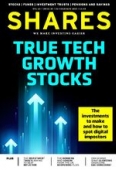Archived article
Please note that tax, investment, pension and ISA rules can change and the information and any views contained in this article may now be inaccurate.
Will market democracy ever be more than an illusion?

The internet has transformed how financial markets are accessed and, in some ways, has democratised trading and investing.
A whole range of different asset classes and investment vehicles are now available to ordinary punters in a way which would have been unthinkable in the 1990s when you would phone your broker to place a buy or sell order on a share or fund.
The development of social media and its influence in the markets has arguably been the big development of the last decade, with this trend reaching something of a high watermark in the early weeks of 2021 when participants in the ‘Wallstreetbets’ Reddit forum engineered a short squeeze in several US stocks, including Texas computer games retailer GameStop, which hedge funds were betting against.
However, events of the past few weeks have demonstrated the limits on democracy in the markets. This includes the reversal of the gains in stocks like GameStop, the threat of greater regulation in the wake of the affair, and the limits placed on individuals’ ability to trade by nascent trading platforms like Robinhood at the height of the market volatility.
PROTECTION OR A CLOSED SHOP?
Closer to home, online trading company IG Group’s (IGG) move to increase the margin it requires for trading in over 1,000 small-cap stocks to 100%, effectively prevents customers from taking larger positions in these stocks using leverage.
The platform also revealed it had reached limits on the amount of cryptocurrency it holds as a business and it was not accepting new buy orders from clients, just days after bitcoin hit record highs above $50,000.
In addition, The Financial Conduct Authority is looking to protect retail consumers by restricting their access to crypto assets.
Whether this will be truly perceived as protection by the recent wave of fresh entrants into the markets or, rightly or wrongly, as an indication that the markets are a closed shop weighted in favour of big institutions like asset managers and investment banks is open to question.
To some extent it is inevitable that institutional investors will be at an advantage, in any capitalist enterprise scale makes a difference to purchasing power.
After all Tesco (TSCO) would pay a very different price for milk from a dairy farmer than an individual shopper rocking up to the farm shop.
However, regulators need to strike a balance if a potential new cohort of investors, the entry of which would seem a healthy development for the UK market, are not to be permanently alienated.
Within this context, the recent call by several investment platforms for initial public offerings to be opened up to retail investors is a welcome development. Equal access to share placings is another area where the rights of individuals could be much better protected.
Important information:
These articles are provided by Shares magazine which is published by AJ Bell Media, a part of AJ Bell. Shares is not written by AJ Bell.
Shares is provided for your general information and use and is not a personal recommendation to invest. It is not intended to be relied upon by you in making or not making any investment decisions. The investments referred to in these articles will not be suitable for all investors. If in doubt please seek appropriate independent financial advice.
Investors acting on the information in these articles do so at their own risk and AJ Bell Media and its staff do not accept liability for losses suffered by investors as a result of their investment decisions.

 magazine
magazine








